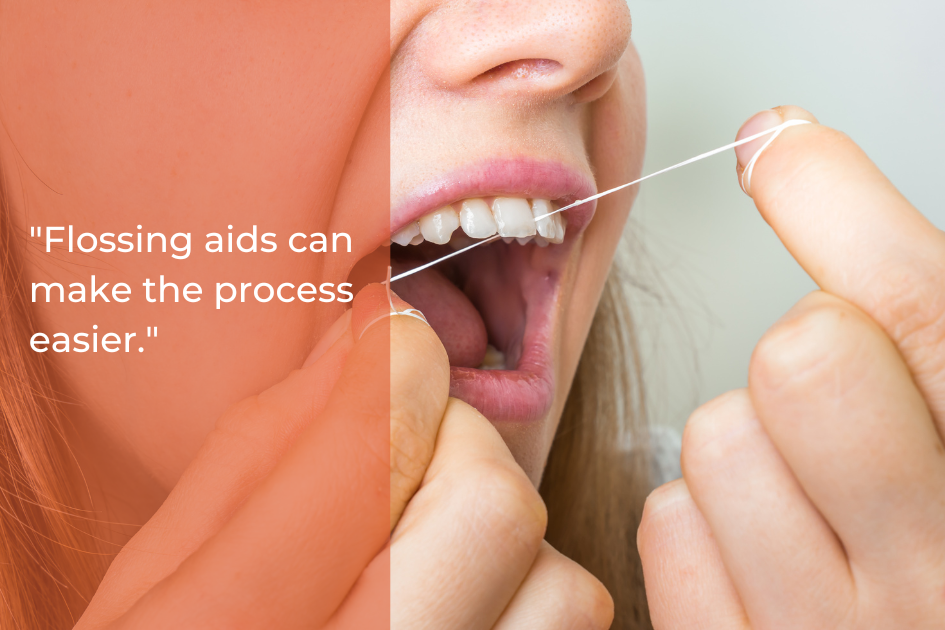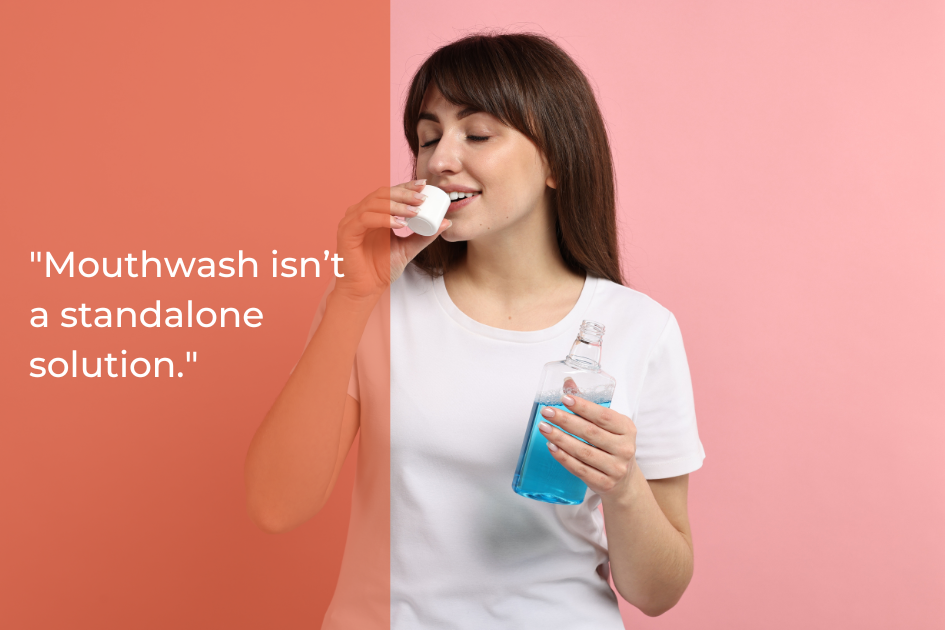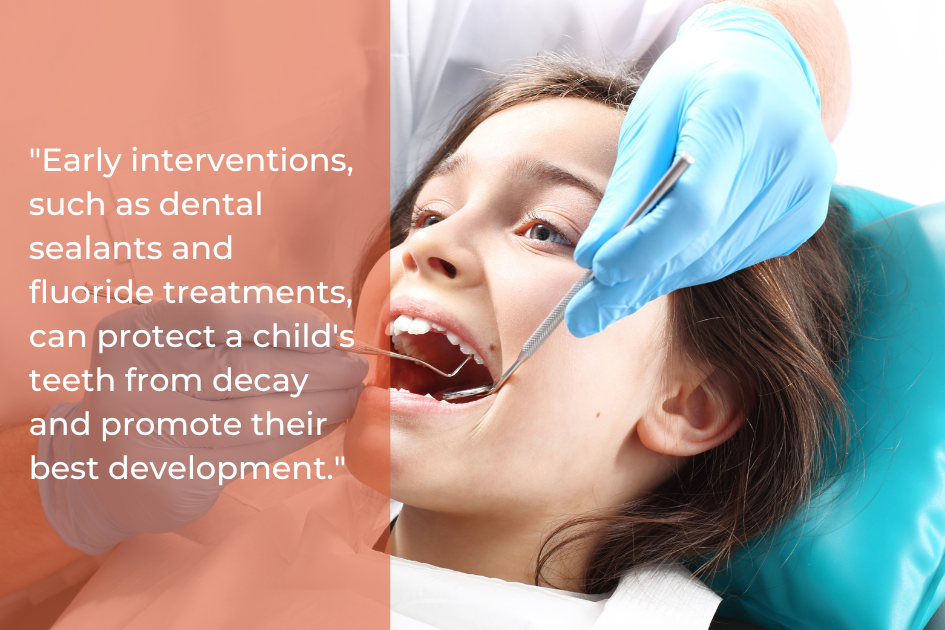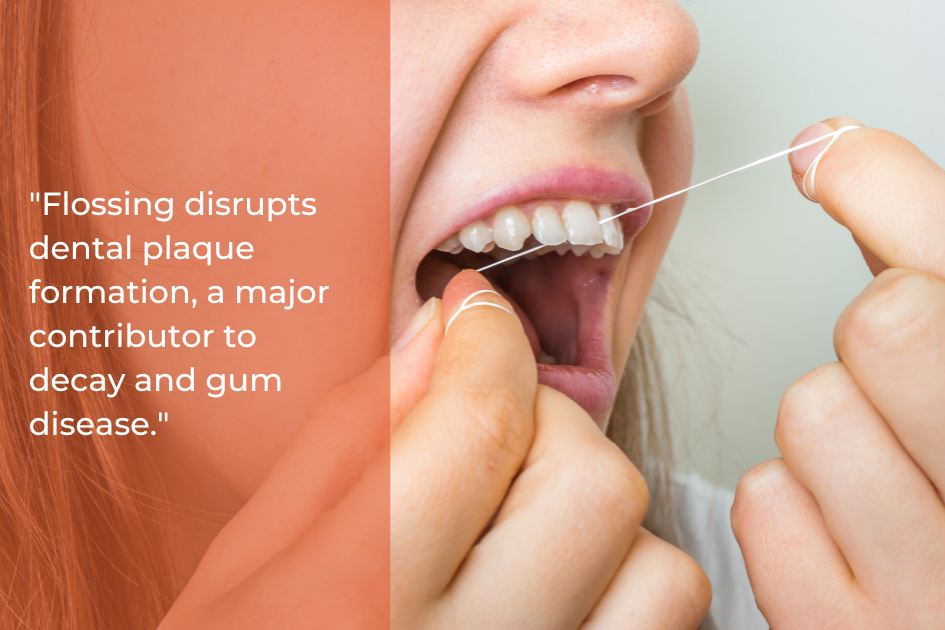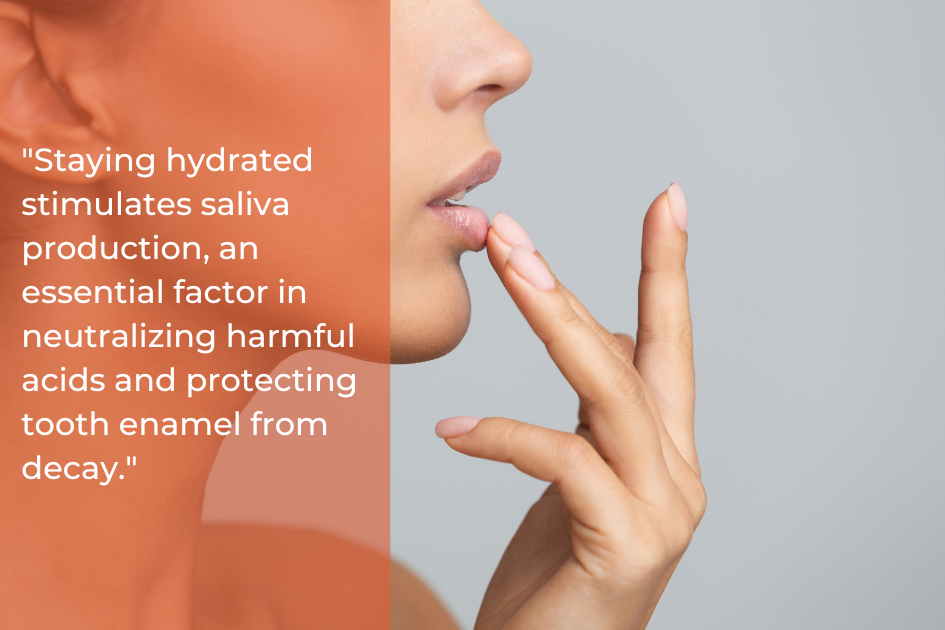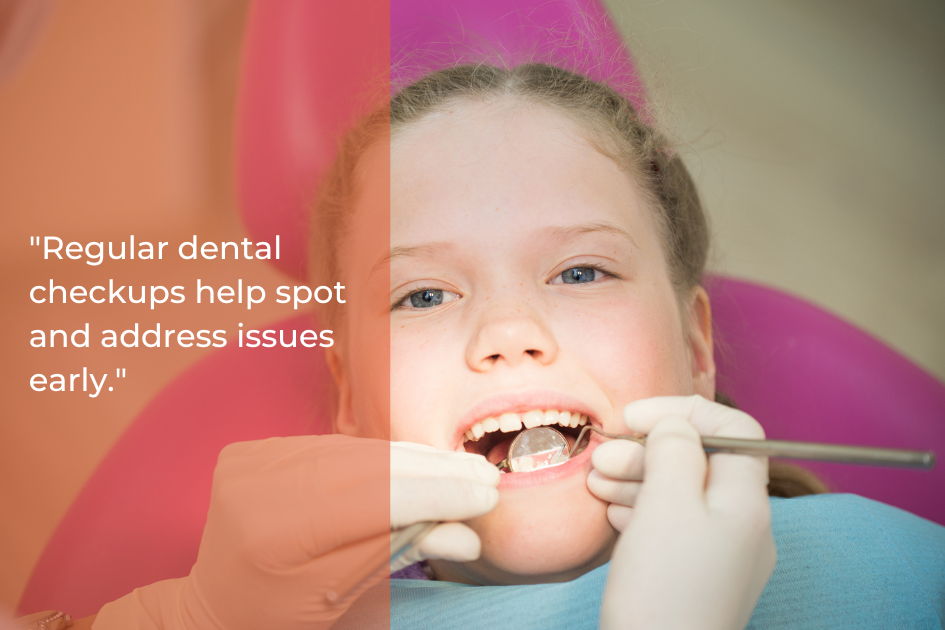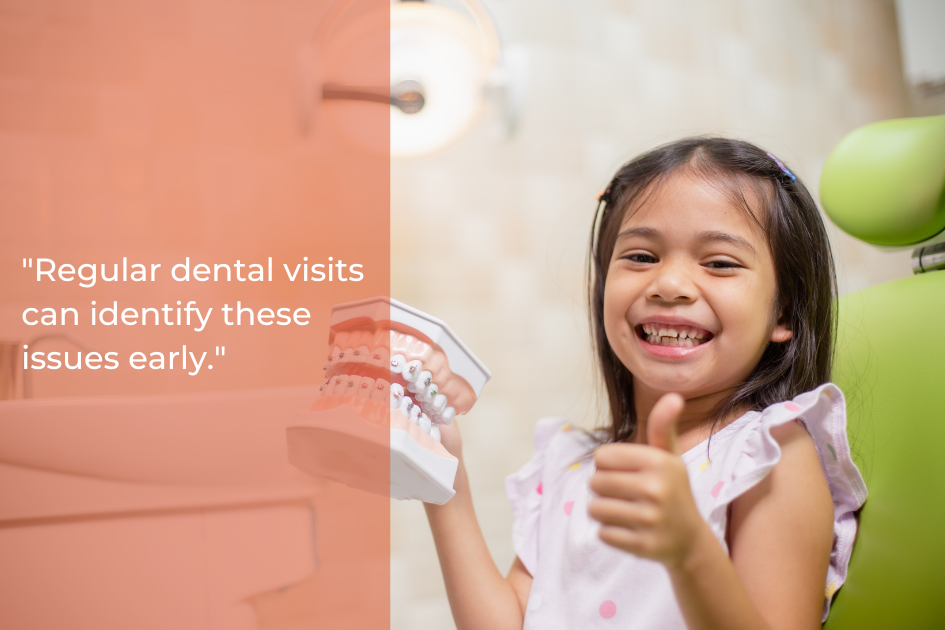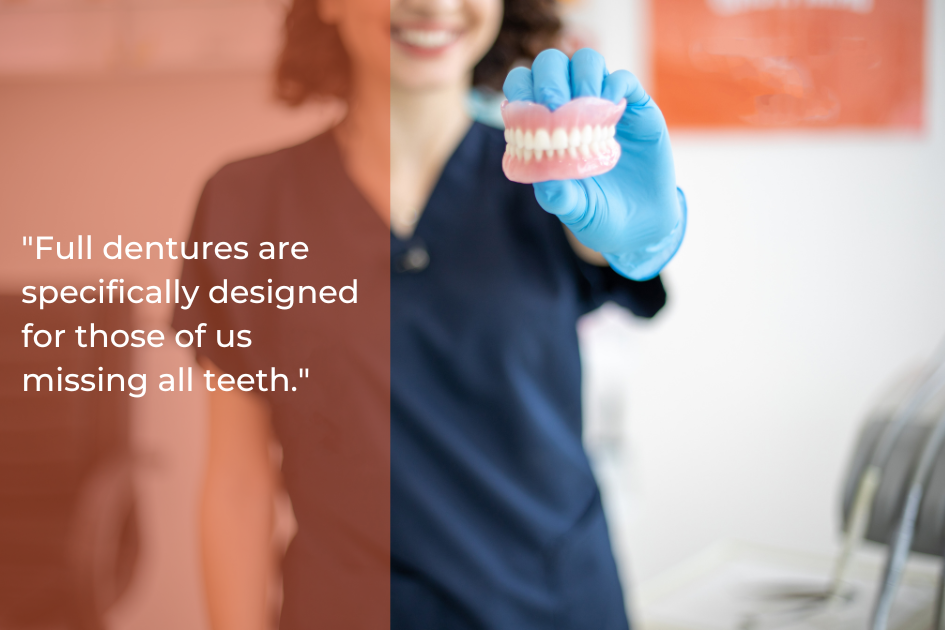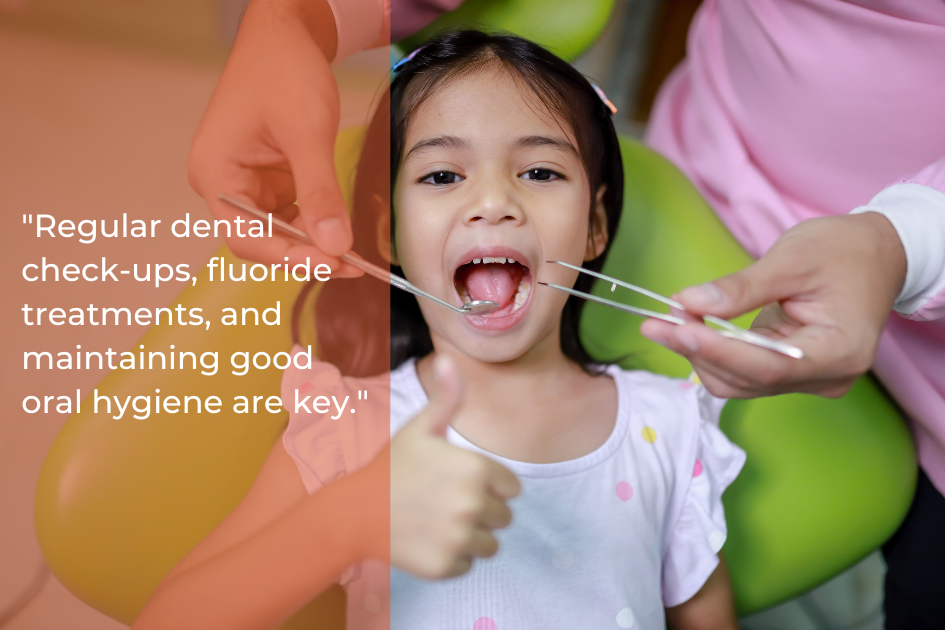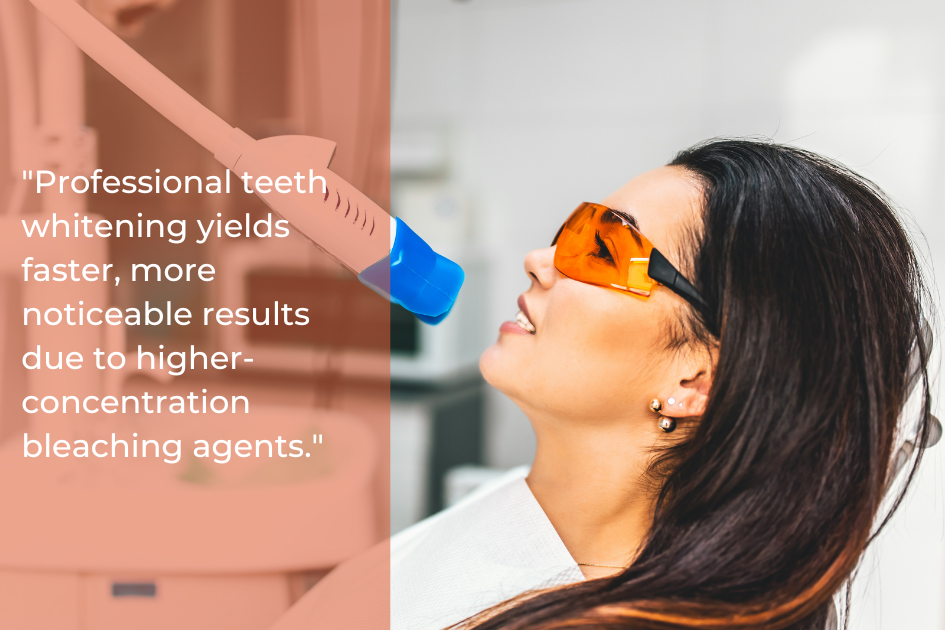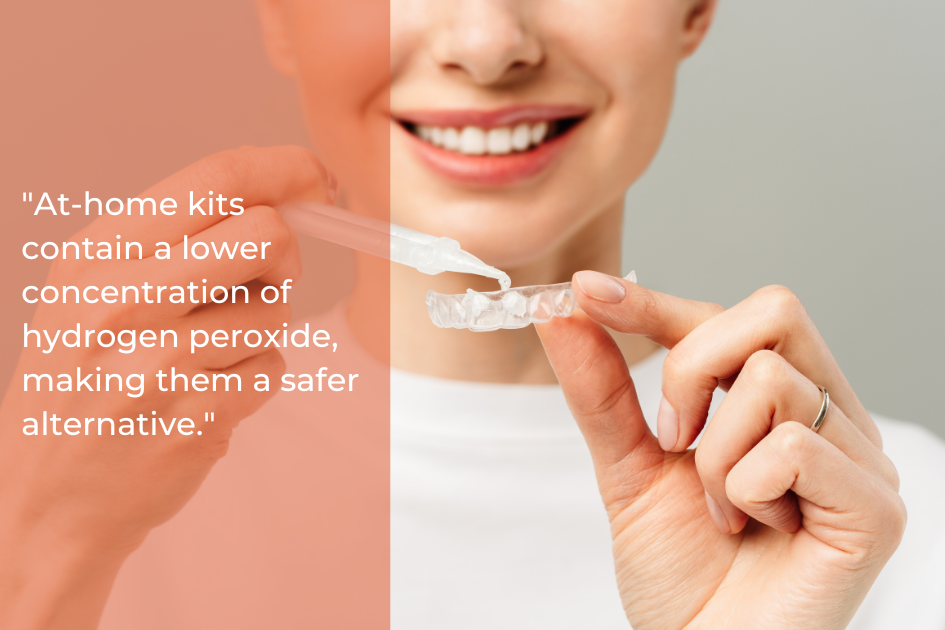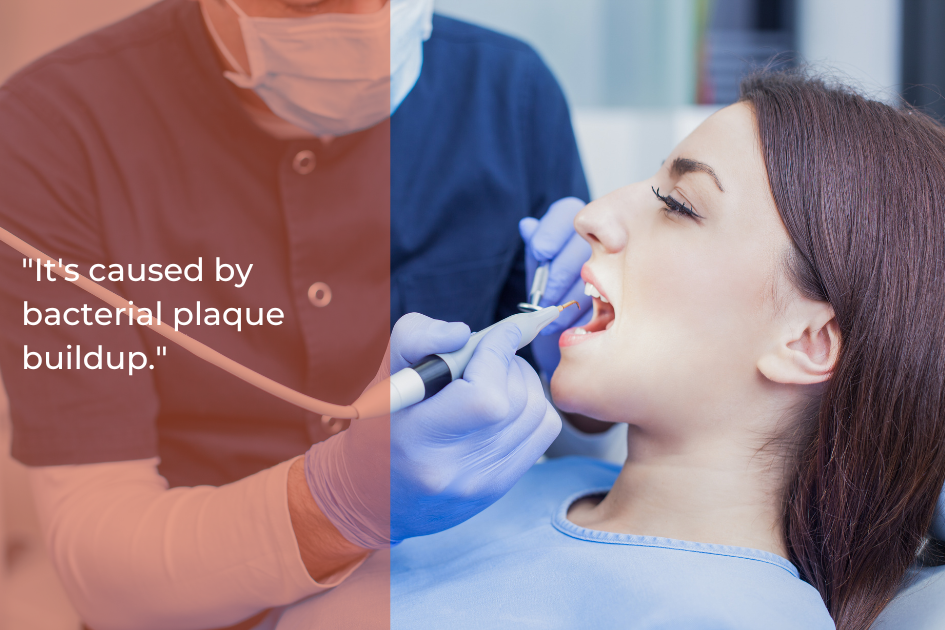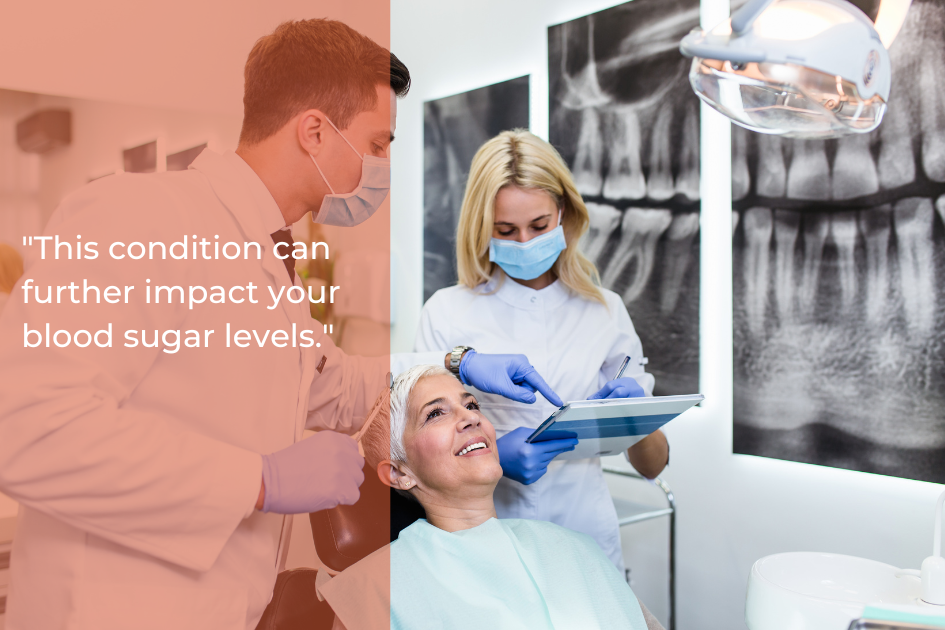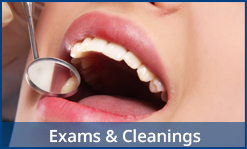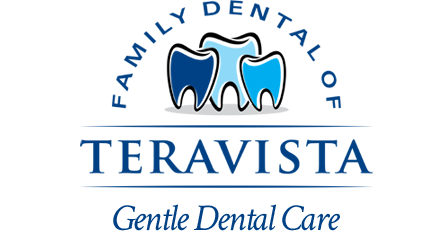At Family Dental of Teravista, we understand that no one looks forward to a tooth extraction. Still, there are times when it’s the best choice for your oral health. Whether it’s to remove a severely damaged tooth, make space for orthodontic treatment, or prevent the spread of infection, extractions are sometimes necessary to protect your smile.
While the procedure itself is straightforward, the way you care for your mouth afterward plays a huge role in how well you heal. Here’s what you need to know about post-operative care after a tooth extraction, so you can recover comfortably and avoid complications.
The First 24 Hours: Letting Your Body Do Its Work
Immediately after your extraction, your body will begin the healing process. The primary goal in this early stage is to allow a blood clot to form and stay in place. This clot is essential—it protects the bone and nerve endings, promotes healing, and prevents a painful condition called dry socket.
You’ll leave our office with a gauze pad over the extraction site. Bite down gently to maintain firm pressure, which helps control bleeding and stabilize the clot. Typically, this should remain in place for about 30 to 45 minutes. If minor bleeding continues, you may need to replace it with fresh gauze and repeat the process.
During this time, it’s important to avoid any actions that could disrupt the clot. Do not spit forcefully, rinse your mouth, use a straw, or smoke. These activities create suction or agitation in your mouth, which could dislodge the clot and delay healing.
Managing Pain and Swelling
As the anesthetic wears off, it’s normal to experience some discomfort and swelling. Pain management is typically straightforward. We recommend using over-the-counter medications like ibuprofen, which not only reduce pain but also help minimize inflammation. Follow dosage instructions carefully, and if we’ve prescribed any specific medications, be sure to take them as directed.
To reduce swelling, apply an ice pack to the outside of your cheek near the extraction site. Intermittent application—20 minutes on, 20 minutes off—is most effective during the first 24 hours. Keep in mind that swelling usually peaks around the second day and then gradually subsides.
Additionally, rest plays a critical role in your recovery. Elevating your head with an extra pillow while lying down can help minimize swelling and control bleeding. Avoid strenuous activities or bending over for at least 24 hours after the extraction.
Eating and Drinking with Care
Choosing the right foods in the days following your extraction can make a noticeable difference in how comfortable you feel. For the first few meals, opt for soft, cool, or lukewarm foods that require minimal chewing. Yogurt, applesauce, scrambled eggs, and smoothies (without a straw) are excellent options.
Avoid anything hot, spicy, crunchy, or sticky. These types of foods can irritate the extraction site or dislodge the clot. Hydration is equally important, but be sure to sip fluids gently from a glass rather than using a straw.
As your comfort improves, you can gradually reintroduce more solid foods but continue to chew on the opposite side of your mouth until the area has healed sufficiently.
Keeping Your Mouth Clean—Gently
Good oral hygiene remains essential after a tooth extraction, but you’ll need to approach it with caution. On the day of your extraction, avoid brushing the teeth near the surgical site, and do not rinse your mouth vigorously.
Starting the day after surgery, you can resume brushing your teeth but do so gently and carefully around the extraction area. You may begin rinsing your mouth with a warm saltwater solution (half a teaspoon of salt in eight ounces of water) to keep the area clean and aid in healing. Be gentle—swish softly and let the water fall out of your mouth without spitting forcefully.
Potential Complications: What to Watch For
While most extractions heal without issue, it’s important to stay alert for warning signs of complications. If you experience severe pain that worsens after a few days, excessive bleeding that doesn’t subside with pressure, or signs of infection such as swelling that worsens a persistent bad taste, or a fever, contact our office immediately.
One of the more common complications is a dry socket, which occurs when the blood clot is lost too early, exposing the bone beneath. This condition is quite painful and requires prompt dental care to resolve.
Recovery Timeline: What’s Normal?
Healing times can vary depending on the complexity of the extraction and your overall health. Most patients will notice significant improvement within 3 to 5 days. The soft tissue typically closes up within 1 to 2 weeks, while the bone beneath the surface may take several months to fully heal.
Simple extractions usually involve a quicker recovery than surgical extractions (such as impacted wisdom teeth). Regardless, following post-operative instructions closely will greatly enhance your recovery experience.
Supporting a Smooth Recovery
Beyond the basics, a few extra precautions can help you heal efficiently:
- Avoid smoking or vaping, as these hinder the healing process and increase the risk of complications.
- Steer clear of alcohol while your extraction site heals, as it can interfere with blood clotting and tissue regeneration.
- Get plenty of rest, stay hydrated, and maintain a soft, nutrient-rich diet to support your body’s natural healing abilities.
We’re Here for You, Every Step of the Way
At Family Dental of Teravista, your comfort and health are always our top priorities. We understand that every patient’s situation is unique, which is why we’re here to answer your questions, provide guidance, and support you throughout your recovery.
If you have concerns after your tooth extraction—or if you’re preparing for one and want to know what to expect—please reach out to our Georgetown office. We’re always ready to help you feel informed, comfortable, and cared for.





